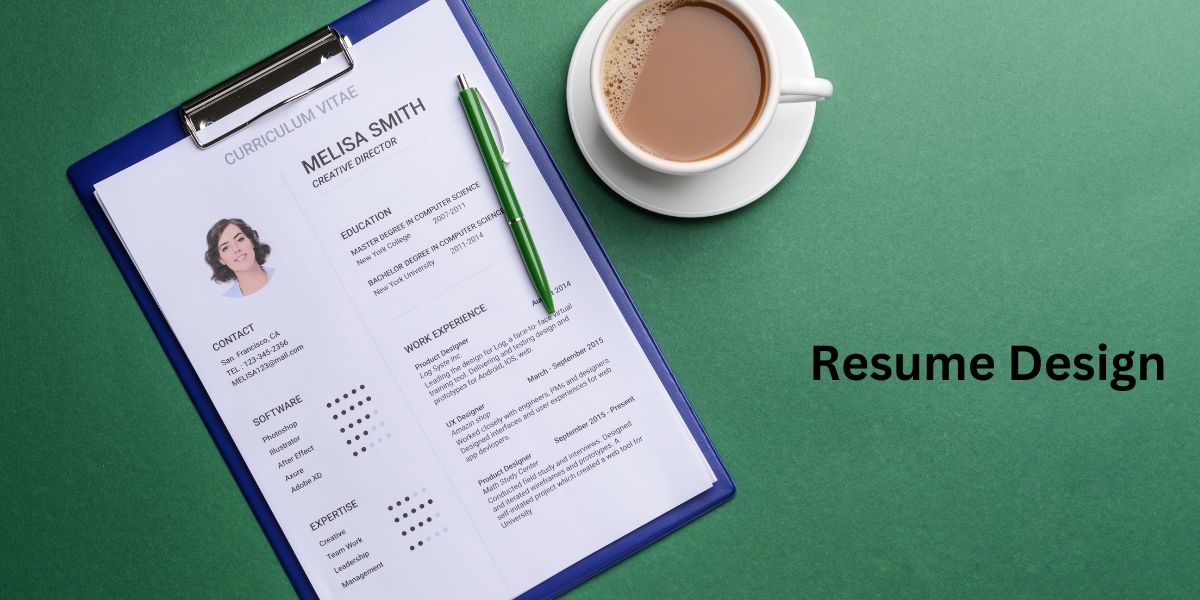Crafting a strong resume can feel overwhelming when you’re still in high school. You might wonder, “What can I include when I don’t have much work experience?” The answer lies in presenting your education strategically. If you’re trying to figure out how to list education on resume (high school), this guide will help you create an impactful section that highlights your achievements and potential.
Whether you’re applying for your first job, an internship, or a college program, how you showcase your education matters. Let’s dive into practical, expert-level strategies to make your high school education stand out on your resume.
Why Education on Your High School Resume Matters
Your education is one of the most significant assets on your resume when you’re starting out. For many high school students, education often takes center stage because work experience is limited. Highlighting it effectively demonstrates your commitment to learning, leadership potential, and the skills you’ve already developed.
Failing to present your education section thoughtfully can make your resume look incomplete or unpolished, while doing it right can impress employers or admissions officers and increase your chances of success.
How to Structure the Education Section on Your Resume
1. Start With the Basics
At a minimum, your education section should include:
- Name of your high school
- Location (city and state)
- Expected graduation date (if you haven’t graduated yet)
For example:
Greenwood High School – Greenwood, CA
Expected Graduation: June 2024
2. Include Key Details That Showcase Your Strengths
If your education section only lists your school name and graduation date, you’re missing an opportunity to shine. Here’s what you can add to make it stand out:
- GPA: If it’s 3.5 or higher, include it. Example: GPA: 3.8 (weighted)
- Relevant coursework: Highlight advanced, honors, or AP classes relevant to the job or program you’re applying for. Example: AP Calculus, Honors English, Psychology
- Academic awards or honors: Include achievements like Honor Roll, National Honor Society Member, or Academic Excellence Award.
3. Tailor the Section to the Job or Opportunity
If you’re applying for a position as a part-time retail associate, employers might care more about your soft skills than your academic prowess. But if it’s a summer internship in tech, listing courses like Introduction to Coding or Computer Science Basics can be more impactful.
Examples of Education Sections for High School Students
Basic Example for a General Job Application
Springfield High School – Springfield, IL
Expected Graduation: May 2025
- GPA: 3.6 (unweighted)
- Relevant coursework: Marketing, Business Communication, Algebra II
For a Competitive College or Internship
Lincoln High School – Lincoln, MA
Graduation: June 2024
- GPA: 4.0 (weighted)
- Advanced coursework: AP Chemistry, AP Literature, Honors Biology
- Awards: National Honor Society, Science Fair Winner (1st Place)
For a Creative Field or Program
Riverside High School – Riverside, TX
Graduation: June 2024
- GPA: 3.7
- Relevant coursework: Digital Media Design, Art History, Film Studies
- Extracurriculars: Editor of school newspaper, Member of the Art Club
Common Questions About Listing High School Education on Resumes
1. Should I include my GPA?
Include your GPA if it’s 3.5 or higher, as it demonstrates academic achievement. If your GPA is lower, consider leaving it off and focusing on other accomplishments like coursework or extracurricular activities.
2. What if I haven’t graduated yet?
No problem! List your high school name and include “Expected Graduation” with the month and year. This is common and perfectly acceptable for high school students.
3. Can I include extracurricular activities in the education section?
Yes! If your extracurricular activities align with the job or program you’re applying for, consider incorporating them into the education section or adding a separate section titled “Extracurriculars” or “Leadership Activities.”
4. What about certifications or online courses?
Absolutely. If you’ve completed relevant certifications or online courses, such as Google IT Support or CPR Training, include them in a separate section called “Certifications” or “Professional Development.”
Highlighting Additional Achievements to Strengthen Your Resume
Your education section should be supported by other relevant details about your high school experience. Employers and admissions teams value well-rounded candidates, so don’t hesitate to showcase:
1. Leadership Roles
- Elected positions like Student Council President or Team Captain show responsibility and leadership potential.
- Example: Led a team of 15 peers to organize school fundraising events, raising $5,000 for local charities.
2. Volunteer Work
Community service highlights your dedication and work ethic.
- Example: Volunteered 50+ hours at a local animal shelter, assisting with adoption events and daily operations.
3. Technical or Job-Specific Skills
Include any technical skills you’ve developed, such as:
- Proficiency in software like Microsoft Office, Canva, or Adobe Photoshop.
- Basic coding knowledge in Python or JavaScript.
4. Extracurricular Achievements
Clubs, sports, and artistic pursuits can demonstrate teamwork, time management, and creativity.
- Example: Performed in school theater productions for 3 years, managing rehearsals while maintaining a 3.8 GPA.
Mistakes to Avoid When Listing High School Education on a Resume
- Being Too Vague: Simply listing “High School Diploma” isn’t enough. Include details that give insight into your skills and accomplishments.
- Overloading the Section: Avoid turning your education section into a cluttered block of text. Stick to concise, relevant points.
- Ignoring Formatting: Make your education section visually clean and easy to skim. Use bullet points and consistent formatting.
- Over-Emphasizing GPA: While GPA is important, balance it with other accomplishments to show you’re more than just grades.
Actionable Steps to Make Your Resume Stand Out
- Customize for Every Opportunity
Tailor your education section to highlight the skills and achievements most relevant to the role or program. - Proofread for Perfection
A single typo can make your resume look unpolished. Double-check spelling, grammar, and formatting before submitting. - Get Feedback
Ask a teacher, counselor, or trusted adult to review your resume and provide suggestions. - Keep It Updated
As you gain new experiences, revise your resume to reflect your growth and accomplishments.
Take Your High School Resume to the Next Level
Crafting an impactful education section is one of the most important steps in creating a resume that stands out. By thoughtfully highlighting your coursework, achievements, and skills, you can showcase your potential and impress recruiters or admissions officers.
Start today—review your high school experience, pick the highlights that align with your goals, and build a resume that reflects your best self. With a well-crafted education section, you’re one step closer to landing that job, internship, or college acceptance.




